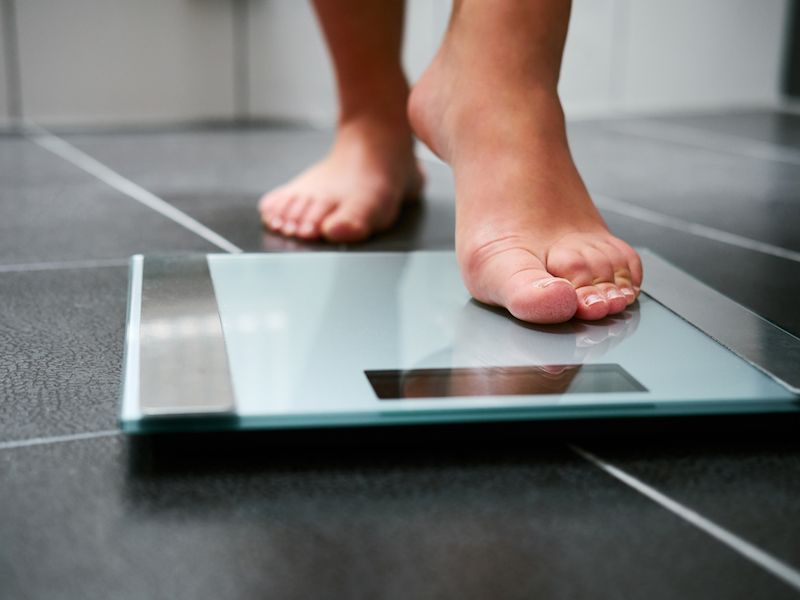
We’ve known for a long time that overeating is harmful to our health, especially over time. There are a number of health conditions related to obesity. You can add hearing loss to diabetes, high cholesterol, and heart disease as a potential issue. It’s calculated that approximately 48 million people in the United States, loss of hearing is an issue for approximately 20% of the U.S population, and in adults it’s nearly double that number, 93 million, are obese. Throughout the country, these shocking statistics point to a serious health concern.
What is The Connection Between Hearing Loss And Obesity?
Numerous studies have demonstrated that hearing loss and being overweight have a connection. Specifically what that connection is, is still being studied, it’s assumed that obesity is connected to hearing loss because the circulatory system is affected. Also, loss of hearing is related to diabetes and high blood pressure which are known to be linked to being overweight.
Sound in the ear is detected by small hairs in the inner ear. These little hairs, called stereocilia, need a steady blood flow and oxygen to function properly. Obesity restricts the blood flow in the body because the heart must work harder to get the blood flowing around the body, which means that there is less than ideal amount of blood flow available to your ear. This could irreversibly damage the ears. As all of these diseases impact the blood flow, diabetes, heart disease, and high blood pressure impact the inner ear in a similar way.
It’s especially important to keep control of your weight as you get older since age-related hearing loss and a high index of fat mass are also related. Your body’s metabolism doesn’t work as well or as fast as it did in the past, which is why you should try to form good habits when you’re younger and stick to those habits as you get older.
Your hearing and your overall health are helped by a healthy diet.
Obesity Associated Loss of Hearing Treatment Options
It’s possible that you may not be able to recover your lost hearing if it’s caused by obesity, nonetheless, so that you can find out how considerable your hearing loss is, it’s beneficial to get your ears evaluated. If you have irreversible injury, you might require a hearing aid or other device to start hearing properly again.
If the damage is only slight, you might have considered trying to consult your doctor about developing an exercise and diet strategy to minimize the impact your weight has on your health before it gets any worse. Your doctor should recommend a cardio intensive exercise regimen that will get your blood pumping and strengthen your general health. You will probably find that other aspects of your life also improve, mental health, for instance, since regular exercise will reduce depression according to many studies.
How Can You Avoid Obesity-Related Hearing Loss
In order to avoid obesity-related loss of hearing regular exercise and a healthy diet are a must. Your ears will most certainly be kept in better shape if you keep yourself healthy. A program that can help you attain your goals and that is customized for you can be put together by a nutritionist. The job of the nutritionist is to make certain you’re eating nutritious foods with the best mix of nutrients, like foods that have plenty of iron, because of course, a lack of iron in your diet can lead to tinnitus and cause hearing loss.
Discover more regarding hearing loss and the treatments available to let you hear better.